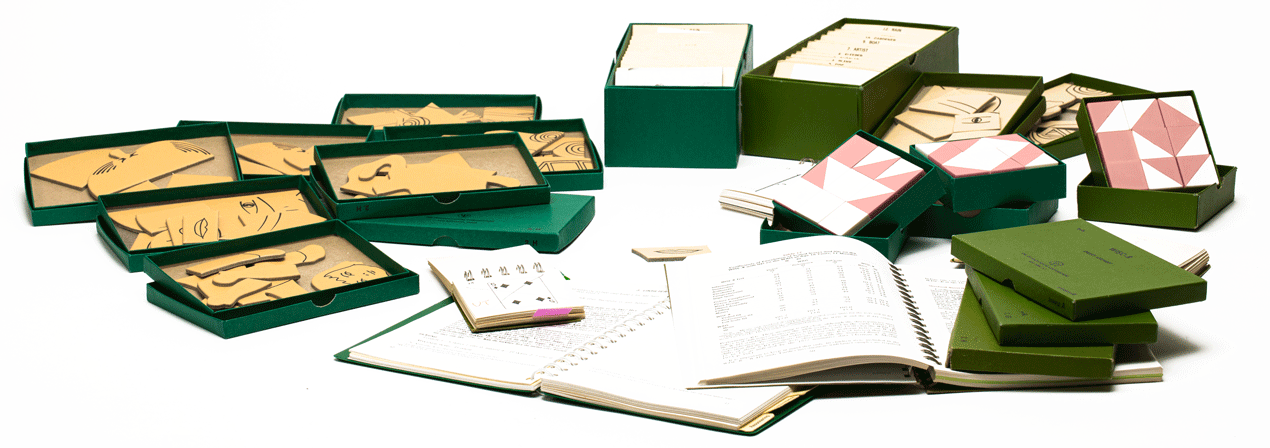The purpose of this project is to study the historical development of intelligence tests, IQ-scales and concepts of intelligence that such tests are based on, and have helped to produce. It deals with how the scientific research object “intelligence” has arisen and developed, how it has acquired its various roles and functions in today's Norway, and addresses the values and relations of authority and legitimacy into which intelligence measurements are woven.
The project includes a series of case studies that address ongoing debates and processes around IQ testing, explore the long history behind the rise of the tests and IQ-scales and examine what kind of work IQ tests and related test-technologies have done and are doing in our society. We focus in on the school system and testing of school children, IQ as a diagnostic tool for mental disability, the use of IQ tests for assessments of criminal responsibility in the judicial system, and the role of intelligence measurements in eugenic thinking and sterilization practice in Norway. Based on these sub-studies, the project aims to write a synthesizing account of the development of IQ tests in Norway, from around 1900 to the present, situated in an international and transnational context.
With Norway as a starting point, we will explore the transnational contexts, processes and actors that have shaped local developments, including the transnational companies that own and market the tests, and the international organizations, professions and professional networks involved in creating, evaluating, translating, adapting and approving tests and measurement scales. By examining the historical conditions that have given rise to test methods, measuring scales and concepts of intelligence, we aim to produce new insights into what these technologies, practices and concepts are and what kind of social role they have and should have.
The project builds on source material related to the University of Oslo and emanates from the Museum of University History's mandate, which is to manage, disseminate and research the historical legacy of the University of Oslo.
The project is organized into five work packages
Collaborating projects

